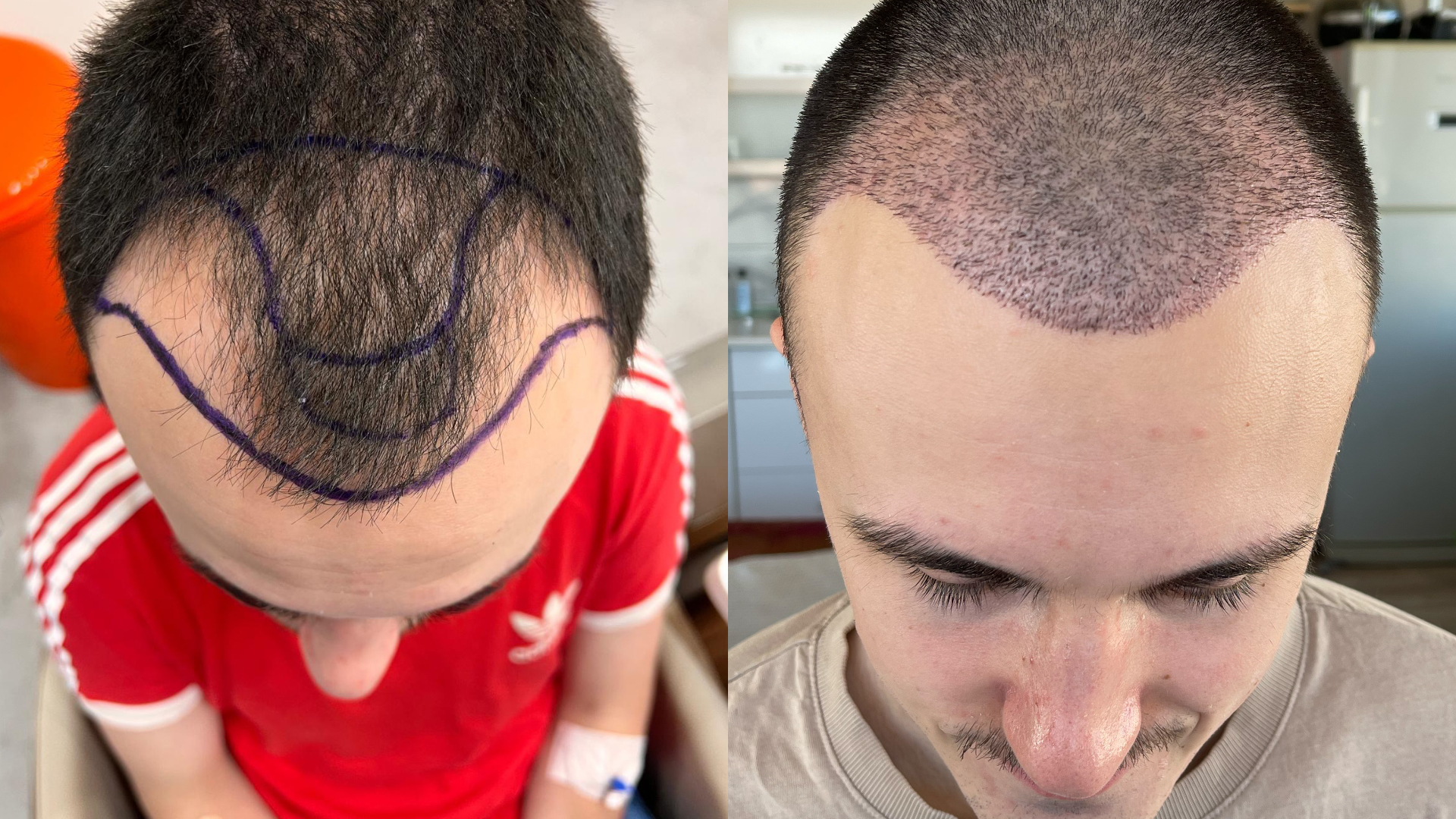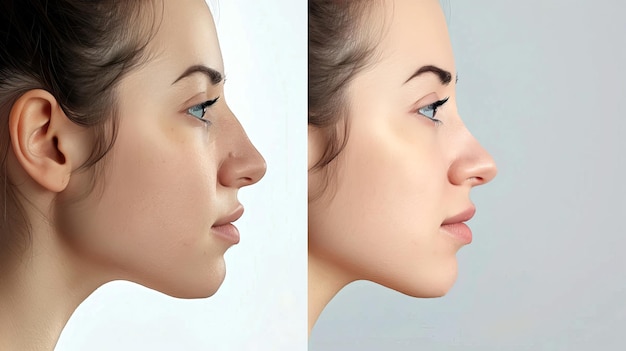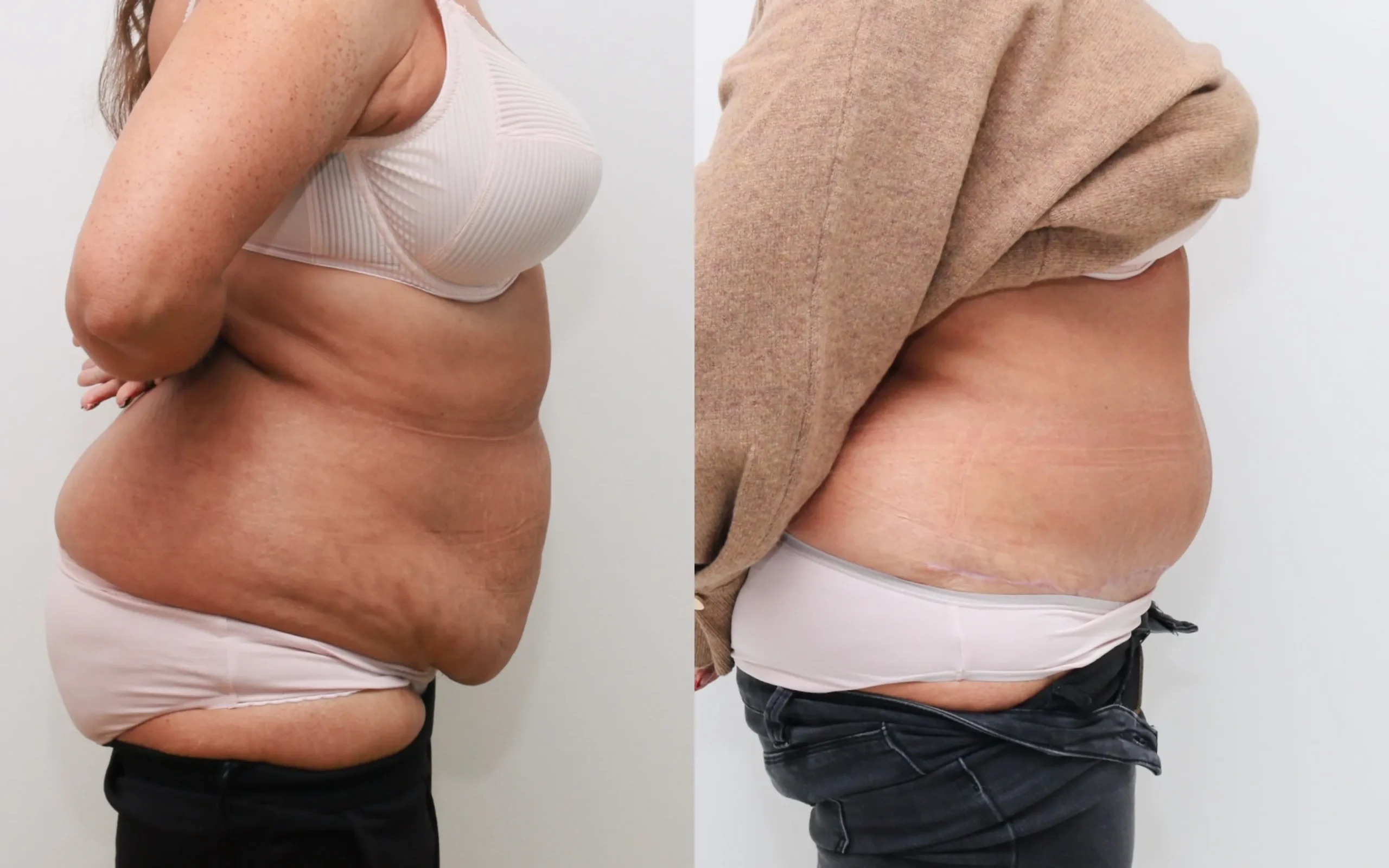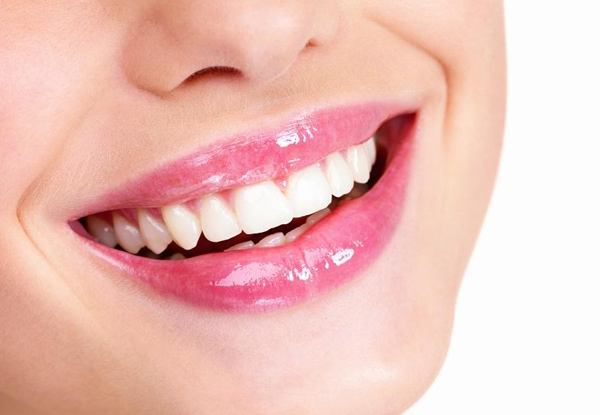The Importance of Regular Checkups for Dental Crowns and Bridges

Dental crowns and bridges are vital dental restorations designed to restore the function, shape, and appearance of your teeth. Whether you're replacing a decayed, damaged, or missing tooth, or you're addressing cosmetic concerns, Dental Crown and Bridges Dubai offer a reliable and durable solution. However, to ensure that these restorations continue to function properly and remain in good condition, regular checkups are essential. These checkups not only help maintain the longevity of crowns and bridges but also ensure the overall health of your teeth and gums.
What Are Dental Crowns and Bridges?
Before delving into the importance of regular checkups, it's essential to understand what dental crowns and bridges are.
Dental Crowns: A dental crown is a cap that completely encases a damaged or weakened tooth. Crowns are typically used for teeth that have been severely decayed, broken, or worn down. They restore the tooth’s shape, size, strength, and appearance, ensuring the tooth functions like a normal tooth.
Dental Bridges: A bridge is used to replace one or more missing teeth. It consists of one or more artificial teeth anchored by dental crowns on either side of the gap. The crowns fit over the adjacent teeth, while the bridge fills the space where teeth are missing.
Both crowns and bridges are designed to be durable and long-lasting, often providing solutions for many years. However, regular maintenance and professional checkups are crucial to ensure their continued success.
Preventing Potential Damage and Wear:
Over time, crowns and bridges can experience wear and tear, just like natural teeth. This is especially true if the patient grinds their teeth (bruxism), chews on hard objects, or has habits that put additional pressure on the dental work. Regular dental checkups help identify any signs of wear, cracks, or loosening early, allowing your dentist to intervene before serious damage occurs.
During a routine checkup, your dentist will examine the condition of your crowns and bridges. They’ll look for any signs of:
Cracks or fractures in the restoration.
Loosening of the crowns could lead to further complications.
Wear and tear caused by biting forces or habits like teeth grinding.
By identifying these issues early, your dentist can make repairs or replacements, preventing the need for more extensive treatments.
Ensuring Proper Fit and Function:
Even after dental crowns and bridges are placed, their fit and function can change over time. The gum line can recede, or the restoration may shift, affecting how the crown or bridge fits and functions. This misalignment can lead to discomfort or difficulties when chewing.
During checkups, your dentist will assess the fit of your crowns and bridges. A proper fit is essential for the restoration to function as intended. If your crowns or bridges aren’t fitting properly, they can cause:
Discomfort or pain when eating or speaking.
Difficulty chewing due to uneven pressure on the restored tooth or surrounding teeth.
Damage to adjacent teeth if the restoration is not aligned properly.
A dentist can adjust the fit or recommend a replacement if necessary, ensuring that your crown or bridge continues to perform optimally.
Preventing Tooth Decay and Gum Disease:
Even though dental crowns and bridges are made from durable materials, they are still susceptible to the same issues that affect natural teeth. The space around the crown or bridge can harbor bacteria and plaque, leading to tooth decay or gum disease if not properly cleaned.
Regular checkups are an excellent opportunity for your dentist to examine the health of your gums and the area surrounding your dental restoration. If bacteria or plaque buildup is detected, your dentist will provide advice on how to improve your oral hygiene routine or perform a professional cleaning.
In addition, your dentist will check for signs of gum recession, which could expose the underlying tooth structure or the edge of the crown or bridge. If left untreated, this can lead to decay or other oral health problems.
Maintaining Aesthetic Appearance:
Crowns and bridges not only restore the function of damaged or missing teeth but also help improve the aesthetic appearance of your smile. Over time, however, stains and discoloration can occur, especially if you consume staining foods and beverages like coffee, tea, or red wine.
While crowns and bridges made from materials like porcelain are resistant to staining, the surrounding natural teeth can still discolor, creating a noticeable contrast. Regular dental visits ensure that your dentist can:
Clean and polish the crowns or bridges to maintain their appearance.
Address any discoloration or staining that may occur.
Adjust the color if needed to match your surrounding teeth.
Maintaining the aesthetic appearance of your crowns and bridges can ensure that they blend seamlessly with your natural teeth, enhancing your smile's overall appearance.
Early Detection of Issues with Adjacent Teeth:
One of the primary reasons for the failure of crowns and bridges is the health of the surrounding teeth. If a nearby tooth develops decay or other issues, it can compromise the stability of the restoration. For example, if a supporting tooth (abutment) for a bridge becomes weak or decayed, the entire bridge could be at risk of failure.
Regular checkups give your dentist the chance to monitor the condition of adjacent teeth and intervene if they notice any signs of decay, infection, or damage. This proactive approach can prevent the need for extensive repairs or replacements later on.
Extending the Lifespan of Crowns and Bridges:
Dental crowns and bridges are designed to be long-lasting, but their lifespan can be shortened by neglect or lack of maintenance. Routine checkups allow your dentist to catch problems early, address minor issues, and provide care recommendations, all of which contribute to extending the lifespan of your restorations.
By maintaining a regular checkup schedule, you can avoid premature failure and costly replacements. Additionally, your dentist can provide personalized advice on the best oral hygiene practices to ensure that your crowns and bridges remain in optimal condition.
How Often Should You Visit Your Dentist?
For most individuals with dental crowns and bridges, it is recommended to visit the dentist every six months for a routine checkup and cleaning. However, if you have specific concerns or if your dentist identifies issues that need closer monitoring, more frequent visits may be necessary.
Conclusion:
Dental Crown and Bridges in Dubai are valuable solutions for restoring damaged or missing teeth, but their longevity and effectiveness depend on regular care and attention. Routine checkups are essential to ensure the proper fit and function of your dental restorations, prevent decay and gum disease, and address any wear or damage. By maintaining regular dental visits, you not only protect your investment in your smile but also ensure optimal oral health and longevity for years to come.
Note: IndiBlogHub features both user-submitted and editorial content. We do not verify third-party contributions. Read our Disclaimer and Privacy Policyfor details.







